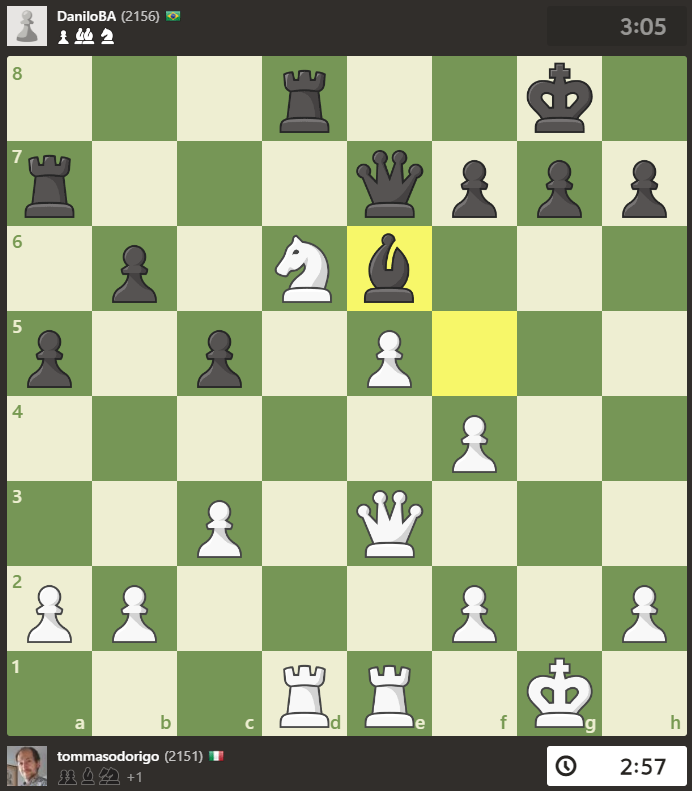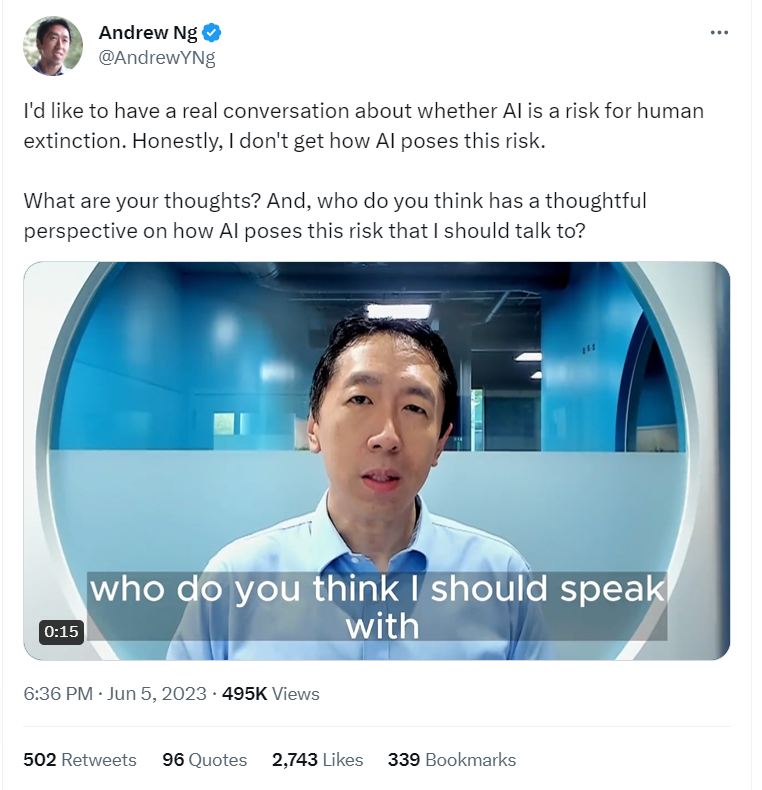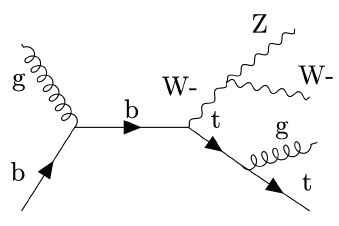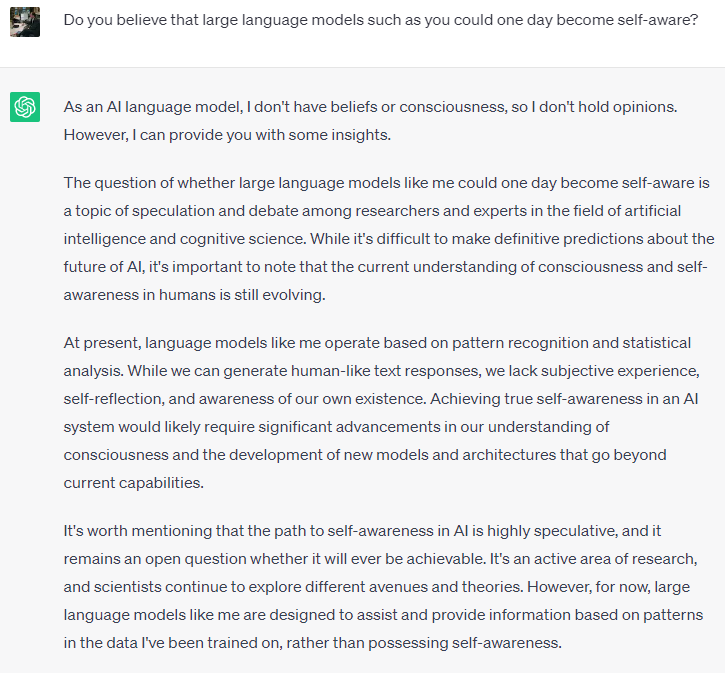Blitz games on the internet are a lot of fun, if you love chess as I do. Perhaps a good share of the fun is due to the complete chaos that may arise, when you have few seconds left on the clock and decisions have to be taken instantly. But sometimes you may happen to play correct chess, too. It is exceedingly rare, and when it happens it is a good indication that you have been able to hold on to clear strategic ideas leading your play into the correct decisions.
A colloquium with a former thesis intern yesterday brought me to ponder again over the important question of determining whether a student should choose an experimental or rather a theoretical curriculum of studies. It is a problem that arises at a variable point of the student's trajectory depending on the way the university courses offer is structured, but the issue is universal as it revolves around the skills of the students rather than anything else.
The University of Padova has extended until tomorrow, June 8 at 1PM CEST the deadline to submit applications to be enrolled in a Ph.D. course in Physics at the University of Padova.
Below I summarize a previous post that describes the opportunity.
With the development of the new generation of large language models (ChatGPT, Bard, etcetera) we are seeing the first hints of an accelerating pace in the progress of artificial intelligence. These innovations may turn out to be good for humanity (with all problems we have already identified, bias, misinformation, work displacement, etc.), but their possibly exponential (and more-than-exponential) rate of change is something we cannot fathom, and is in and of itself the source of large risks.
The world of elementary particles has something in common with our own: there are large inequalities in the properties of particles, as in the properties of human beings. The heaviest particle, the top quark, with its estimated mass of 172 GeV is five orders of magnitude heavier than the most common matter constituents, the up and down quarks and the electron. Along with the top quark there are three other heavyweight particles that we currently call elementary -perhaps only a label we have to use because we haven't been able to split them further into smaller bits: the Higgs boson (125 GeV), the Z boson (91 GeV), and the W boson (80 GeV).
The recent developments in artificial intelligence, most notably the demonstration of the weird power of GPT4 and other large language models, have brought the scientific community to ponder on some very foundational questions - What is conscience? What is intelligence? Can machines really think? Can machines really become conscient?
(Below, the answer of ChatGPT to my silly question on self-awareness.)

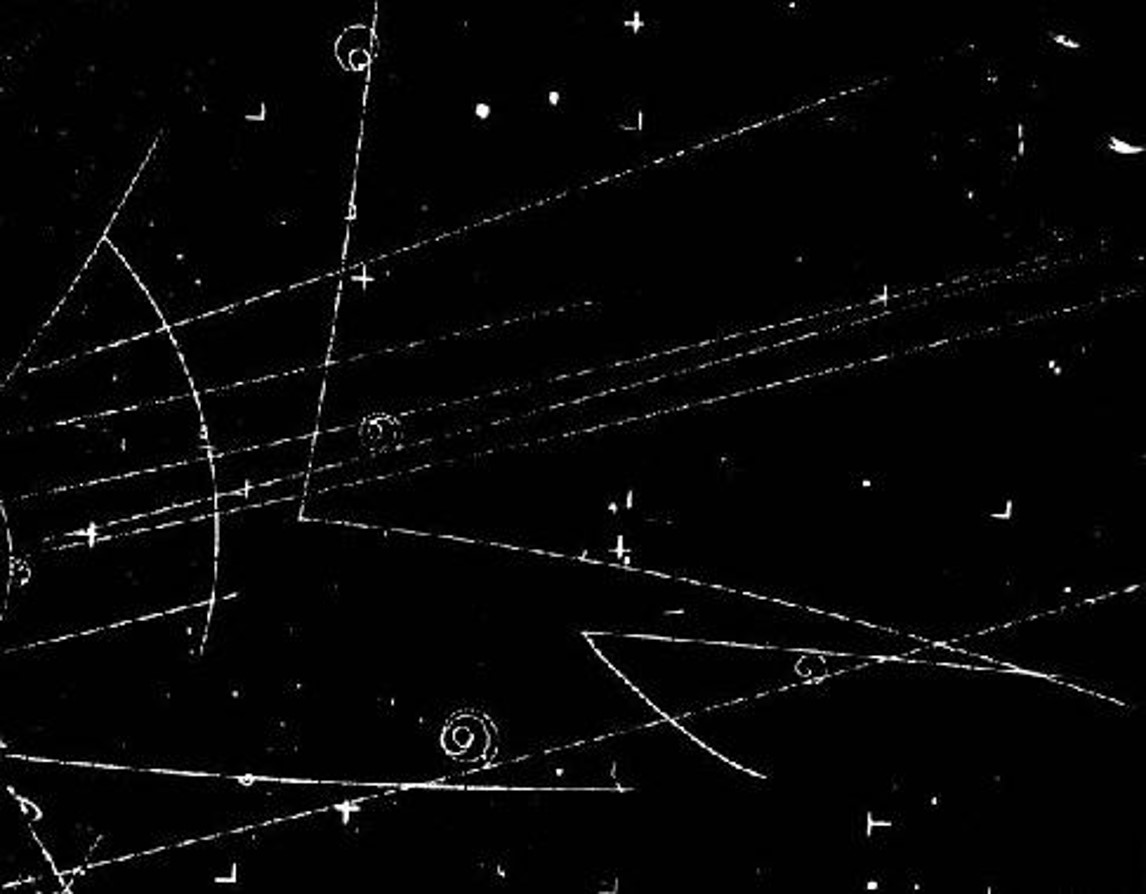 K0 Regeneration
K0 Regeneration And The USERN Prize Winners For 2024 Are....
And The USERN Prize Winners For 2024 Are....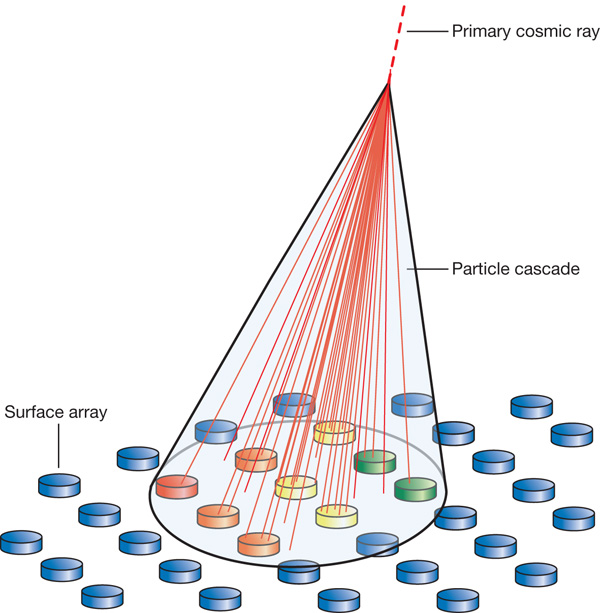 Flying Drones With Particle Detectors
Flying Drones With Particle Detectors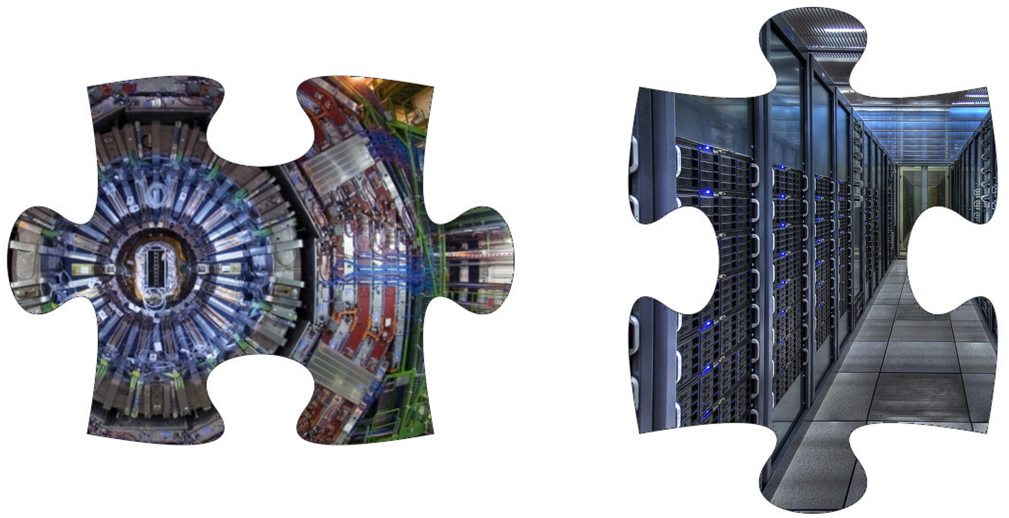 Some Notes On The Utility Function Of Fundamental Science Experiments
Some Notes On The Utility Function Of Fundamental Science Experiments


